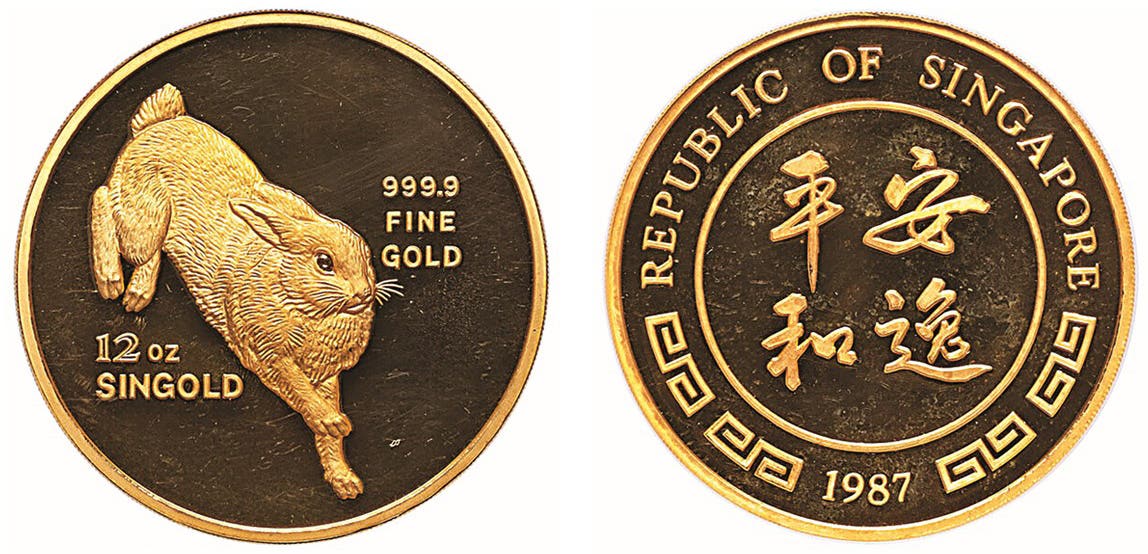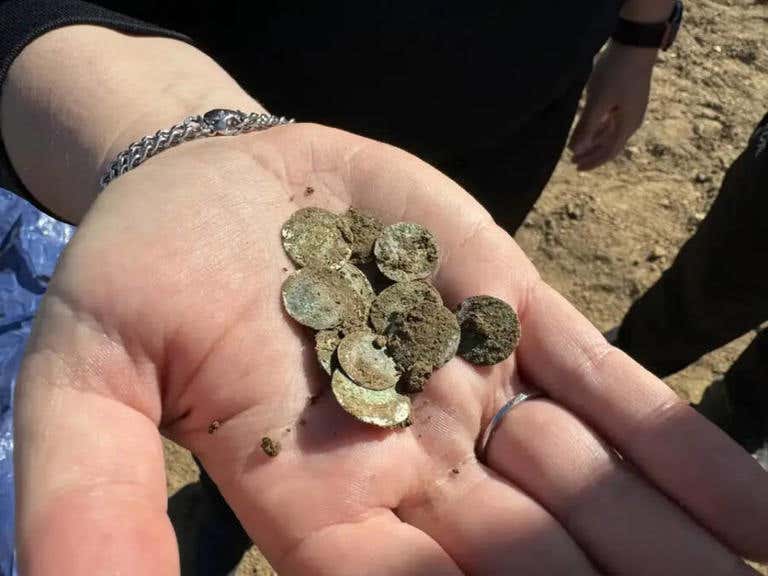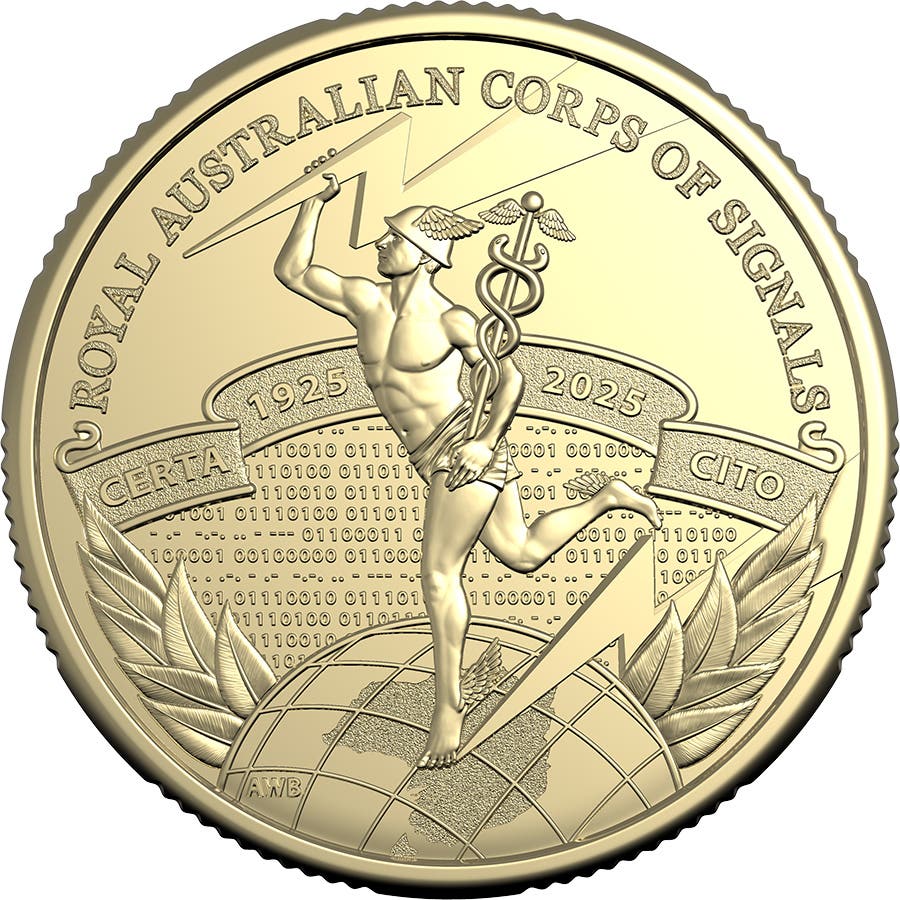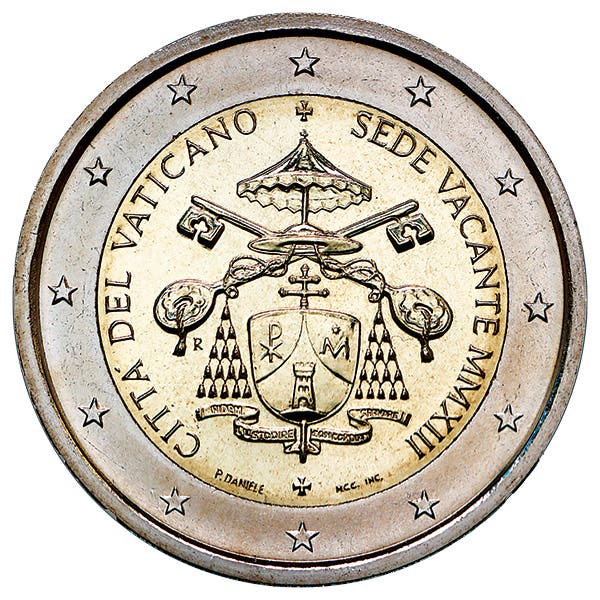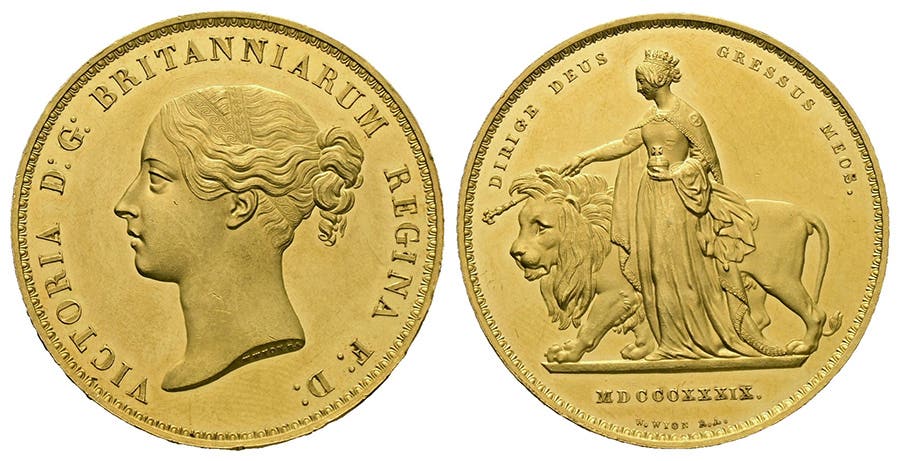El Salvador Adopts Bitcoin Currency
Bitcoin is now legal tender currency in El Salvador. The El Financiero newspaper declared on June 9 that the Central American country is the first country to officially adopt an…
Bitcoin is now legal tender currency in El Salvador. The El Financiero newspaper declared on June 9 that the Central American country is the first country to officially adopt an external cryptocurrency. It should be noted Venezuela introduced the petro as the world’s first state cryptocurrency several years earlier.
El Salvador dropped its colón denominated domestic currency in favor of the U.S. dollar in 2001. The dollar will continue to be used as the reference currency for accounting purposes.
According to El Salvador President President Nayib Bukele, “The #LeyBitcoin is ambitious, but simple, it is also well structured so that it has 0 (zero) risk for those who do not want to take risks.”
The new law reads, “The purpose of this law is to regulate bitcoin as unrestricted legal tender with liberating power, unlimited in any transaction, and to any title that public or private natural or legal persons require carrying out.”
This means prices can now be posted in bitcoin rather than in U.S. dollars or El Salvador colóns. The law also mandates the state to “promote the necessary training and mechanisms so that the population can access bitcoin transactions.”
Only about 30 percent of people living in El Salvador have access to traditional financial services. The new cryptocurrency is seen as a way to increase financial inclusion for the masses.
Ironically, bitcoin became popular in El Salvador due to Michael Peterson, an American who visited El Zonte on El Salvador’s Pacific coast to surf. In 2019 an anonymous Californian known to Peterson donated his bitcoin fortune to El Zonte to create a localized cryptocurrency economy. During the ensuing coronavirus pandemic Peterson distributed about $35 in bitcoin monthly to local El Zonte families. Stores accepted the bitcoin as currency, with Peterson launching the Bitcoin Beach Wallet in late 2020.
The web site Balajis.com promotes a digital Indian rupee. According to a posting at the site, there are “several Latin American countries that are favorable to the inclusion of bitcoin as a way to increase the financial participation of their population.” These include Mexico and Paraguay.
Is this as momentous a move as El Salvador’s congress would have the world believe? CoinDesk.com is among many critics that are taking a jaundice view of #LeyBitcoin.
According to a June 8 CoinDesk.com posting, “Few things in monetary economics are foggier than the concept of legal tender…If something is legal tender in the popular sense, then it has been declared to be official money. Salvadoreans would be able to walk into any supermarket and see bitcoin-denominated prices and insist on paying with bitcoin.”
CoinDesk.com continues, “A lawyer would probably dismiss Bukele’s move as unimportant. The lawyer’s definition of legal tender is any item that a debtor can always depend on to discharge his or her debt,” adding, “Bukele’s desire to declare bitcoin as legal tender probably is more of a publicity stunt than a substantial change to its monetary status.”
Article 3 of the El Salvador 2001 Monetary Integration Law makes the U.S. dollar legal tender along with colón bank notes and coins. Article 7 authorizes salaries and fees to be payable in either dollars or colóns. Article 9 authorizes the entire financial sector including bank deposits, pensions, and securities prices to be redenominated into U.S. dollars. Article 10 authorizes the price of goods and services to be expressed in either colóns or dollars.
Coins were issued in denominations of 1, 2, 3, 5, 10, 25, and 50 centavos and 1 colón until the dollar was adopted. Bank notes were issued in denominations of 1, 2, 5, 10, 25, 50, 100, and 200 colóns.
Having a hard currency buffer comprised of gold, U.S. dollars, and securities to work with, the Salvadoran Government undertook a monetary integration plan in 2001, using the U.S. dollar as legal tender alongside the colón. This formally limited the government from implementing open market monetary policies that would influence short term variables in the economy. The colón stopped circulating in 2004, however some stores continue to price goods in both colóns U.S. dollars.




